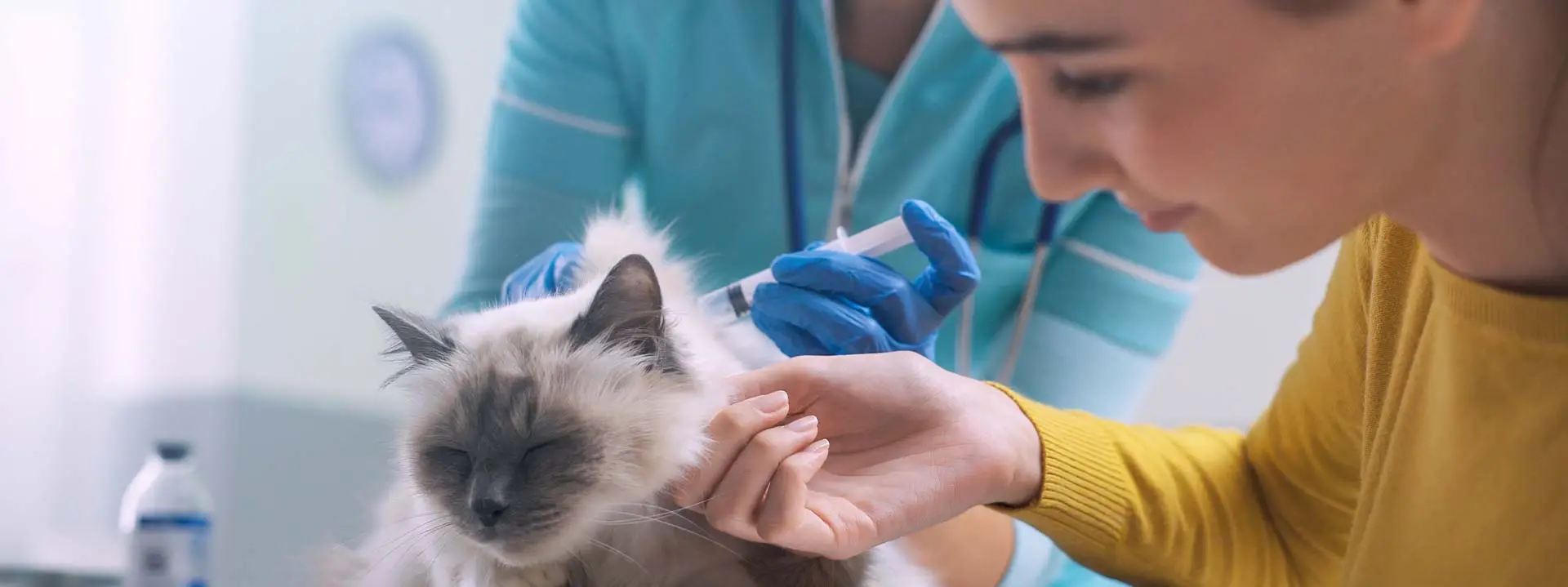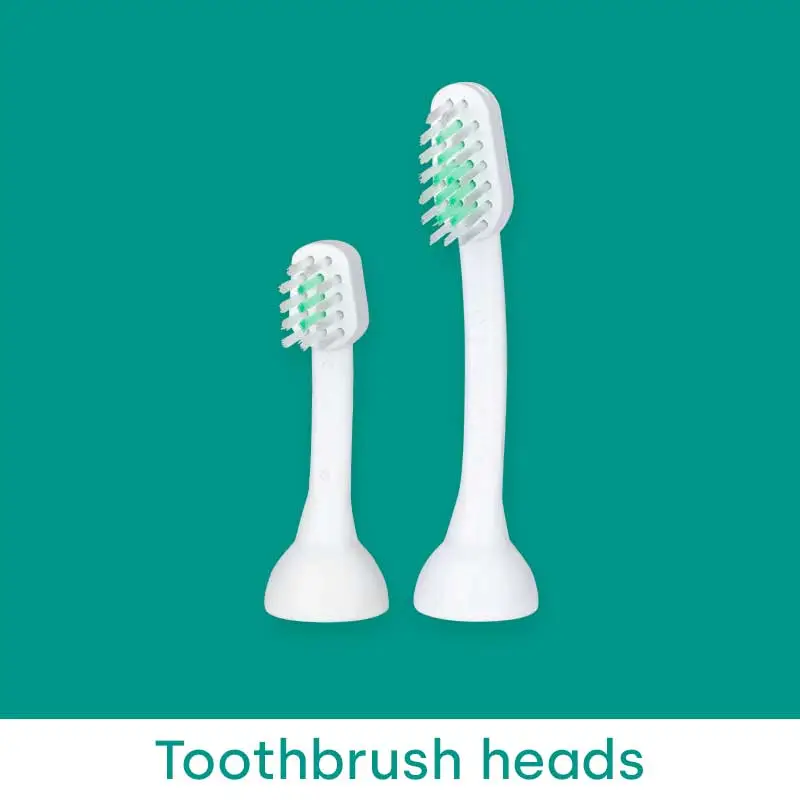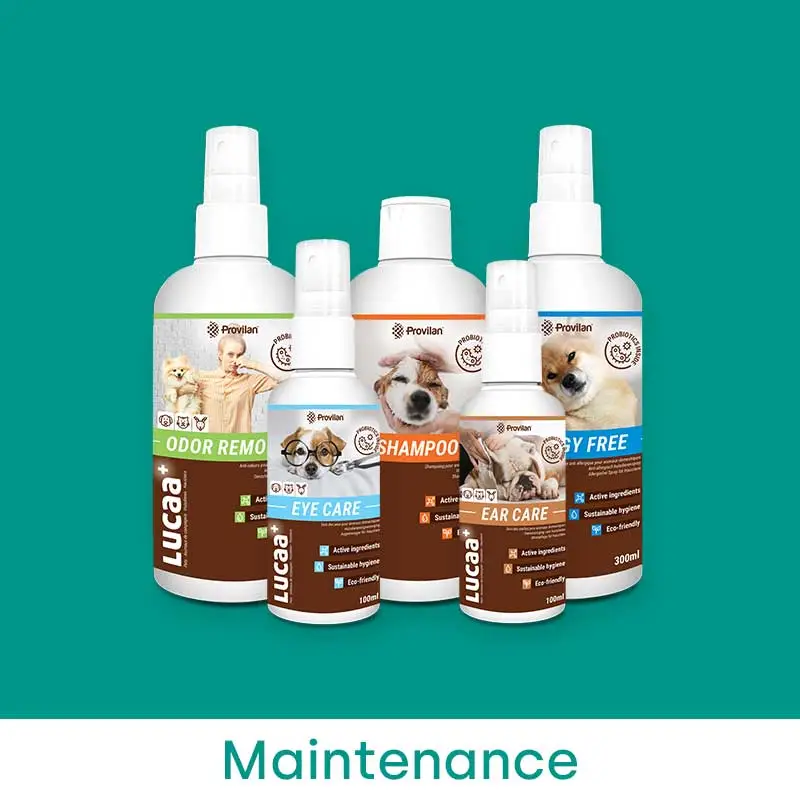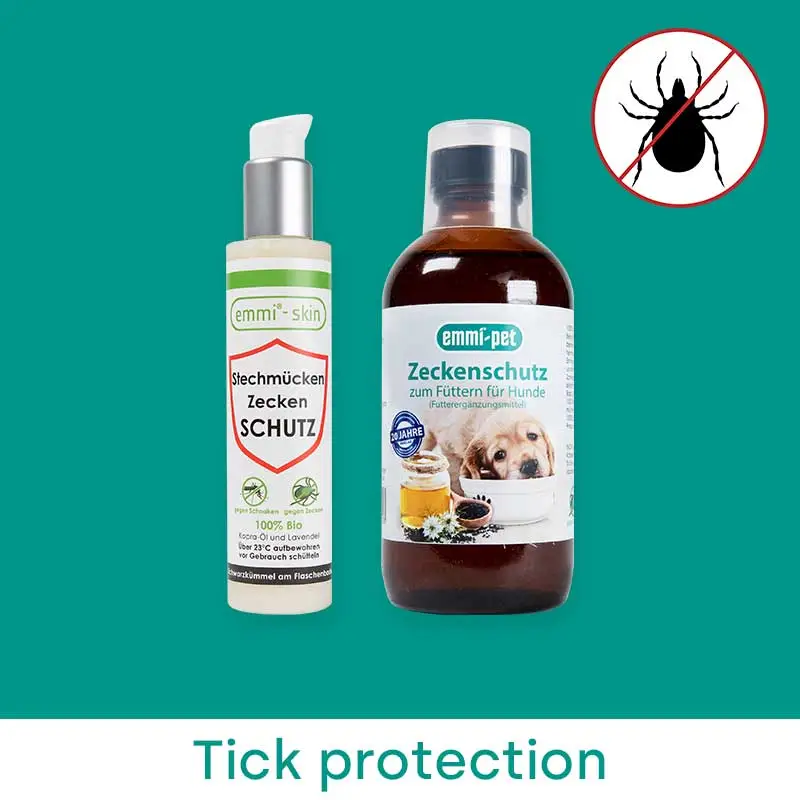
Monitoring your cat's health is crucial to ensure they live a long and happy life. Cats are masters at hiding pain and discomfort, so it's even more important to pay close attention to subtle signs of health problems. In this comprehensive guide article, you'll find out which symptoms and signs you should keep an eye on in your cat and how you can best monitor their health.
General health monitoring in cats
Regular visits to the vet are the backbone of health monitoring in cats. Your vet can ensure your cat stays healthy with regular check-ups, vaccinations and parasite checks. Vaccinations protect against serious infectious diseases, while parasite checks help to prevent unpleasant and potentially dangerous infestations. A regular check-up by the vet can provide early warning of health problems that you may have overlooked.
Physical symptoms and signs of cat diseases
Careful observation of physical symptoms and signs can help you to recognise and treat health problems at an early stage. We have 6 important points to look out for:
Point 1 - Changes in coat and skin
Your cat's coat and skin are good indicators of its general health. Look out for:
- Hair loss: Excessive hair loss can be a sign of health problems or stress.
- Tangles: Regular brushing helps to avoid tangles, which can be painful.
- Skin irritations: Redness, scaling or wounds can indicate allergies or infections.
Point 2 - Changes in the eyes
Healthy cat eyes are clear and shiny. Signs of problems can be
- Clouding: Clouding of the lens can indicate age-related problems or injuries.
- Redness: Redness can signal inflammation or infection.
- discharge: Abnormal discharge from the eyes should be examined by a vet.
Point 3 - Changes in the ears
Healthy ears are clean and odourless. Look out for:
- Dirt: Excessive dirt or dark earwax can be a sign of ear mites or infections.
- Odour: An unpleasant odour from the ears can indicate infections.
- Scratching: Frequent scratching of the ears can indicate discomfort or parasites.
Point 4 - Changes in the mouth and teeth
Oral health is often a neglected area, but it can say a lot about general health:
- Gum inflammation: Red or bleeding gums can be a sign of dental problems.
- Tartar: Tartar build-up should be checked regularly by a vet.
- Mouth odour: Persistent bad breath can indicate dental disease or other health problems.
Point 5 - Changes in weight
A healthy weight is important for your cat's well-being. Pay attention to:
- Weight loss: Sudden weight loss can indicate various health problems.
- Weight gain: Excessive weight gain can lead to obesity, which increases the risk of other diseases.
Point 6 - Changes in behaviour
Changes in behaviour can be a sign that your cat is feeling unwell:
- Apathy: Unusual lethargy may indicate illness or pain.
- Aggressiveness: Sudden aggressiveness can be a sign of pain or stress.
- Hiding: If your cat is hiding unusually often, they may be uncomfortable or stressed.
Changes in appetite and digestion
Changes in your cat's appetite and digestion can indicate a variety of health problems. Pay attention to these 4 facts if you want to be sure:
1. loss of appetite or increased appetite
Changes in eating behaviour are often the first sign of health problems:
- Loss of appetite: If your cat stops eating, this can indicate a variety of problems.
- Increased appetite: A sudden increase in appetite can also be a symptom of health changes.
2. vomiting
Occasional vomiting may be normal, but frequent vomiting should be investigated.
3. diarrhoea or constipation
Changes in bowel movements, such as diarrhoea or constipation, can indicate digestive problems.
4. changes in drinking
Increased or decreased thirst may indicate kidney problems or other illnesses.
Changes in urinary behaviour
Your cat's urinary behaviour can provide important information about its health. Please observe the following 7 points very carefully:
1. frequent urination or difficulties
Watch out for changes in your cat's urination habits:
- Frequent urination: May indicate bladder infections or other health problems.
- Difficulty urinating: Should be examined by a vet immediately.
2. blood in the urine
Blood in the urine is a serious symptom and requires immediate veterinary attention.
3. uncleanliness
Sudden uncleanliness can indicate health or psychological problems.
4. respiration and cardiovascular system
Your cat's breathing and cardiovascular system are crucial to its well-being. Look out for these signs:
5. cough
A cough can indicate respiratory problems or heart disease.
6. panting
Panting is unusual in cats and should be investigated if it occurs for no obvious reason.
7. shortness of breath
Breathing difficulties are an emergency and require immediate veterinary attention.
Movement and mobility
Movement and mobility problems can indicate various health problems. Here are 3 elementary facts that you should observe, as they usually indicate a health problem:
1. lameness
Lameness or stiffness can indicate injuries or joint problems.
2. difficulty jumping or walking
Pay attention to whether your cat has difficulty moving or jumping.
3. trembling
Trembling can be a sign of pain, anxiety or neurological problems.
Behavioural changes and neurological signs
Neurological signs and behavioural changes can indicate serious health problems. We have summarised the 3 most important symptoms for you:
1. disorientation
Disorientation can indicate neurological problems or old age.
2. seizures
Seizures are a serious symptom and require immediate veterinary attention.
3. changes in sleep behaviour
Excessive sleep or insomnia can indicate health problems.
Mental health and stress
Your cat's mental health is also important. Watch out for signs of stress and anxiety:
1. signs of stress and anxiety
Stress and anxiety can manifest themselves in various forms of behaviour, such as excessive grooming or aggression.
2. changes in social behaviour
Pay attention to whether your cat withdraws or becomes more aggressive.
3. compulsive behaviour
Repeated, compulsive behaviour can be a sign of stress or psychological problems.
Specific diseases and their symptoms
Some diseases have specific symptoms that you should be aware of. Here are the 4 most common examples:
1. kidney diseases
Symptoms can include increased drinking and urination, weight loss and vomiting.
2. diabetes
Diabetes can be characterised by increased thirst, increased urination and weight loss.
3. thyroid diseases
Hyperthyroidism is often characterised by weight loss despite an increased appetite.
4. infectious diseases
Diseases such as FIV or FeLV have specific symptoms such as weakness, fever and loss of appetite.
First aid and emergency measures for cat diseases
In an emergency, it is important to act quickly and correctly. Here are 3 basic measures:
1. immediate measures in case of poisoning
If you suspect that your cat has eaten something poisonous, seek veterinary help immediately.
2. dealing with injuries
Keep a first aid kit for pets to hand and consult a vet if in doubt.
3. when to go to the vet?
A vet should always be consulted if symptoms are severe or persistent.
Preventive measures
Prevention is the key to good health. Here are 3 measures you can take:
Measure 1 - healthy nutrition
A balanced diet supports your cat's health and well-being.
Measure 2 - adequate exercise
Regular exercise helps to prevent obesity and promote general health.
Measure 3 - Stress reduction
Create a stress-free environment to improve your cat's well-being. Make sure to minimise stressful situations and offer opportunities to retreat.
Cooperation with the vet
Working closely with your vet is crucial to monitor and maintain your cat's health. Here are 3 important aspects:
Aspect 1: important questions for the vet
Prepare questions for your vet to get the most out of the visits. Questions could be: "What check-ups are necessary?" or "How often should my cat be vaccinated?"
Aspect 2: Documentation of your cat's health
Keep a health log to record changes and important information. Make a note of regular weight checks, eating and drinking habits and changes in behaviour.
Aspect 3: Importance of blood tests and other diagnostic procedures
Regular blood tests can help to recognise health problems at an early stage. Your vet can inform you about the necessity and frequency of such tests.
Your path to optimal health monitoring of your cat
Monitoring your cat's health is an ongoing process that requires attention and care. By watching for changes in behaviour and physical symptoms, you can react early to potential problems and ensure that your cat leads a happy and healthy life.
Through careful observation and regular health checks, you can help to ensure that your cat stays healthy and leads a happy life.
This comprehensive article provides you with comprehensive information on monitoring your cat's health. Remember that regular check-ups and close co-operation with your vet are essential to maintain your cat's health.

















